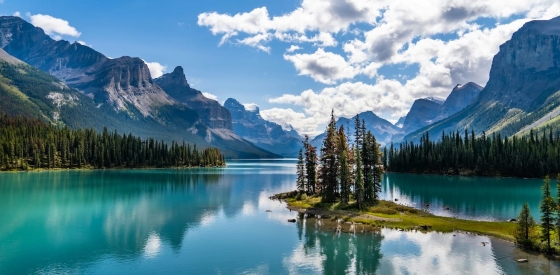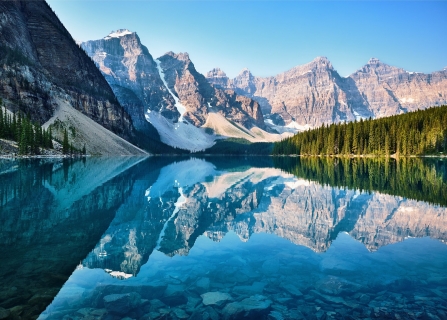Victoria, Canada - Weather and Climate
The weather in Victoria, British Columbia, Canada sees moderate temperature fluctuations over the course of a year.
Temperatures can be pleasant at the high end
to roughly cold at the low end.
It also has a relatively rainy climate with high levels of precipitation.
Let’s explore the climate details to provide you with a complete overview.
Average maximum day and minimum night temperature
The weather in Victoria changes moderately throughout the year, offering enough variation to appreciate each season. On average, daytime temperatures range from a pleasant 19°C in August to a chilly 8°C in January.
Nighttime temperatures can drop, with average lows reaching 5°C in January.Check out our detailed temperature page for more information.
Temperature ranges by month
Precipitation and rainy days
Victoria experiences significant rainfall throughout the year, averaging 1095 mm of precipitation annually. The seasons in Victoria, bring significant changes in precipitation. The wettest month, November, receives heavy rainfall, with an average of 173 mm of precipitation. This rainfall is distributed across 19 rainy days.
In contrast, the driest month, July, experiences much less rainfall, totaling 19 mm over 5 rainy days. These distinct seasonal differences provide diverse experiences throughout the year. For more details, please visit our Victoria Precipitation page.The mean monthly precipitation over the year, including rain, hail and snow
Sunshine over the year
In Victoria, summer days are longer and more sunny, with daily sunshine hours peaking at 11.0 hours in July. As the darker season arrives, the brightness of the sun becomes less. December sees a soft sun for only 2.3 hours per average day.
Visit our detailed sunshine hours page for more information.
Monthly hours of sunshine
Daily hours of sunshine
Average humidity
The relative humidity is high throughout the year in Victoria.
The city experiences its highest humidity in January, reaching 78%. In July, the humidity drops to its lowest level at 55%. What does this mean? Read our detailed page on humidity levels for further details.
Relative humidity over the year
Forecast for Victoria



Select a Month of Interest
Check the conditions for any month of the year.
The best time of year to visit Victoria in Canada
Other facts from our historical weather data:Most rainfall (rainy season) is seen in January, November and December.
August has an average maximum temperature of 19°C and is the warmest month of the year.
The coldest month is January with an average maximum temperature of 8°C.
November tops the wettest month list with 173 mm of rainfall.
July is the driest month with 19 mm of precipitation.
July is the sunniest month with an average of 330 hours of sunshine.
No idea where to travel to this year? We have a tool that recommends destinations based on your ideal conditions. Find out where to go with our weather planner.



